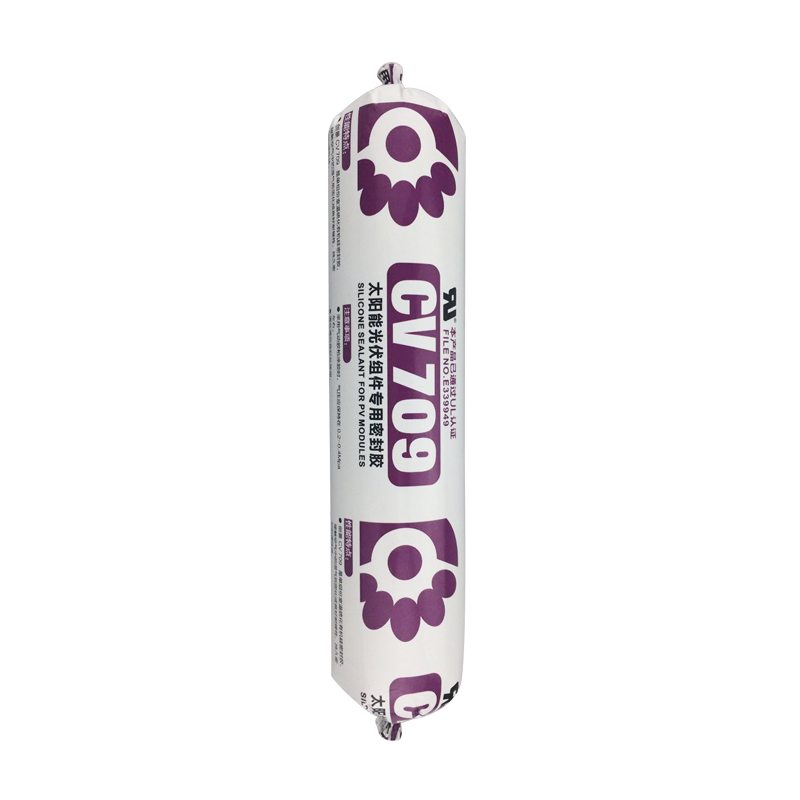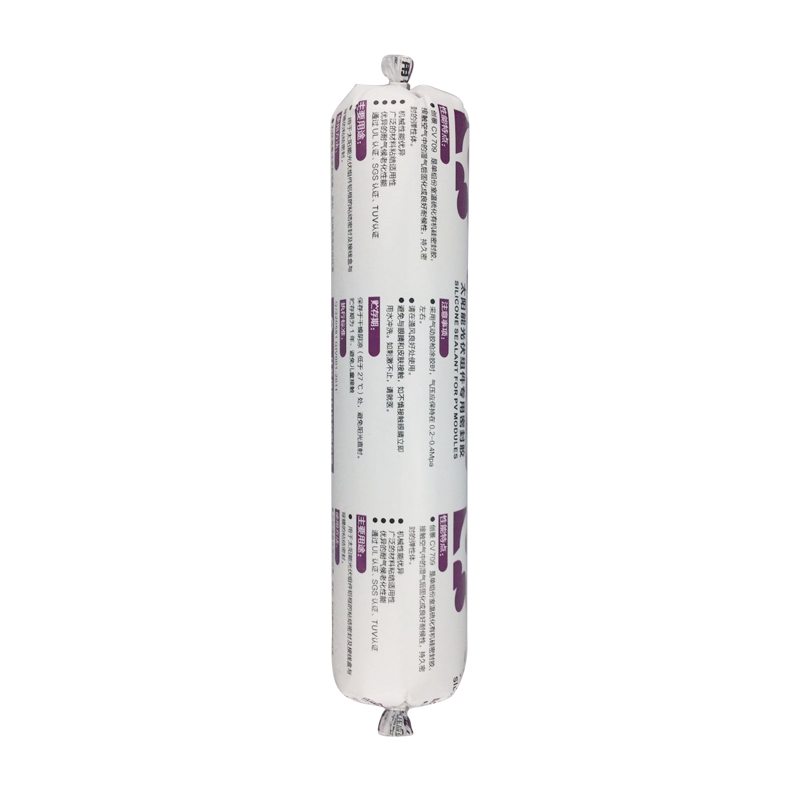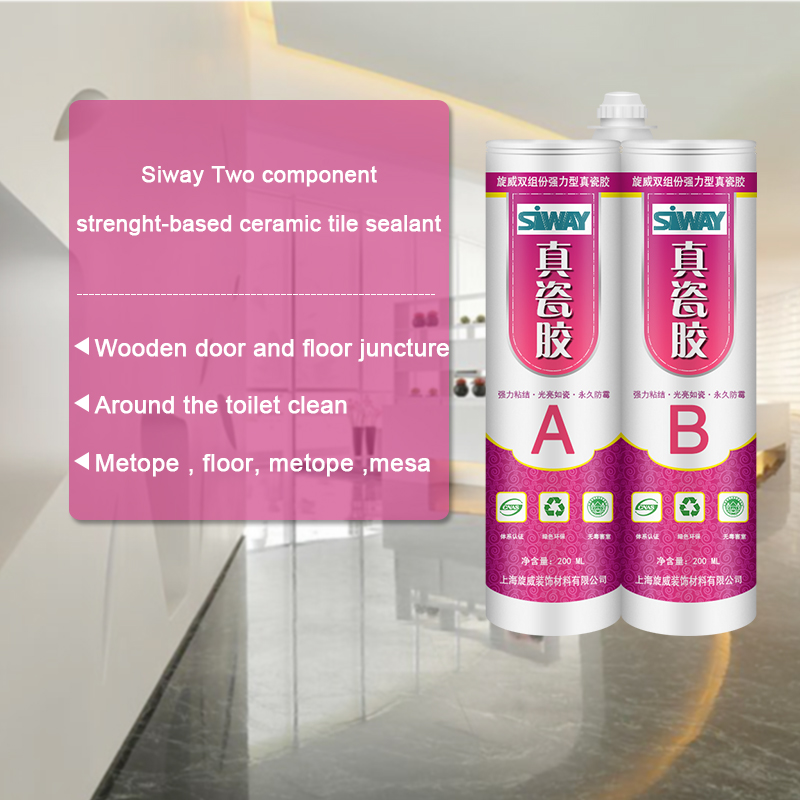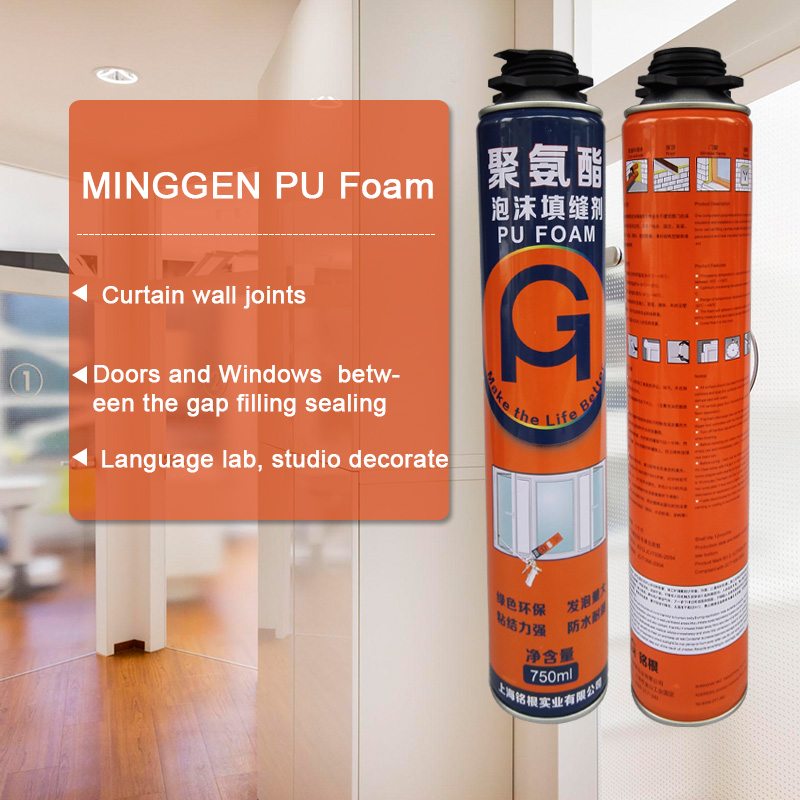17 Years manufacturer CV-709 silicone sealant for PV moudels to Jordan Importers
Short Description:
Description CV709 is a high-performance silicone sealant, one-component oxime type room temperature curing silicone rubber, has excellent weather resistance, high thixotropy, after curing for solar components involved in the base material has good caking property, by TUV for environmental requirements of the ROHS, UL E339949 Key Features 1. 100% silicone 2. No sag 3. high thixotropy 4. Water & weatherproof 5. For solar components involved in the base material has good bonding Basic Ap...
We also offer product sourcing and flight consolidation services. We have our own factory and sourcing office. We can provide you with almost every type of product related to our product range for 17 Years manufacturer CV-709 silicone sealant for PV moudels to Jordan Importers, We stick to providing integration solutions for customers and hope to build long-term, stable, sincere and mutual beneficial relationships with customers. We sincerely look forward to your visit.
Description
CV709 is a high-performance silicone sealant, one-component oxime type room temperature curing silicone rubber, has excellent weather resistance, high thixotropy, after curing for solar components involved in the base material has good caking property, by TUV for environmental requirements of the ROHS, UL E339949
Key Features
1. 100% silicone
2. No sag
3. high thixotropy
4. Water & weatherproof
5. For solar components involved in the base material has good bonding
Basic Application
1.Solar module frame seal
2.The adhesive of the solar energy back to the terminal block
3.General industrial assembly with seal
Technical data sheet
| Test standard | Test project | Unit | value |
| Before curing——25℃,50%R.H. | |||
| specific gravity | g/ml | 1.34-1.40 | |
| GB13477 | Operating time | min | 15 |
| GB13477 | surface drying time(25℃,50%R.H.) | min | 40-60 |
| 3 days after curing——25℃,50%R.H. | |||
| Temperature range | ℃ | -55~200 | |
| GB13477 | Durometer Hardness | Shore A | 40~55 |
| The ultimate tensile strength | Mpa | ≥2 | |
| GB13477 | Breaking elongation | % | 300-600 |
| Aluminum bonding shear strength | Mpa | ≥1.5 | |
| Electrical properties | |||
| Breakdown voltage | Kv/mm | ≥20 | |
| Volume resistance | ohm.cm | 9E+14 | |
| Dielectric constant | 3.1@50Hz | ||
Certification
UL E339949; TUV
Color
Black, White
Package
300ml in cartridge * 24 per box, 500ml in sausage *20 per box
Shelf life
12 months
Note
If you want the TDS or MSDS or other details, please contact with our sales person.
Subscribe with a click here – https://goo.gl/5Z2CJ7
Cases, which are designed to attach to, support, or otherwise hold a mobile phone, are popular accessories for many phones, particularly mainstream smartphones. Case measures are based on the display inches (e.g. 5 inch display). There are different types:
Pouches and sleeves
Holsters
Shells
Skins
Safety Straps
Bumpers
Flip cases and wallets
Screen protection and body films
Drop and shock protection
Leather Case
Holsters are commonly used alone for devices that include rubberized padding, and/or are made of plastic and without exposed rigid corners. Heavy duty cases are designed to protect from drops and scratches.
A Standing case improves user experience, being specially recommended for multimedia, videos and audio. Folio case is a combination case and stand, and may include a keyboard (USB for OTG smartphones or bluetooth keyboard).
Skins and design covers can serve for protection and personalization. These are the result of the relatively “naked” designs produced by manufacturers such as Apple, where the metal and glass components of the device are exposed and vulnerable to damage. They are distinct from holsters, in allowing use of the device while in the case, but in many instances include a belt clip or other device giving it the functionality of a holster. They are made of hard plastic, rubber, or in the newer market adhesive-backed vinyl pieces. Vinyl skins can be ordered on many websites and come pre-cut to fit your cell phone or another electronic device. Vinyl material may be calendared or cast, with the latter being more expensive. Calendered vinyl is expected to only be used for short-mid duration (10 years) while cast vinyl is used on a more long term basis. Calendered vinyl also tends to shrink in the heat and can be shaped into any form (above 80 degrees Celsius) but might fade in direct sunlight.The today’s standard of calendered films is almost as good as the cast vinyl. Cast vinyl avoids most problems, but costs up to 250% more. 3M has manufactured a cast vinyl product that they call “Controltac”. This vinyl cover maintains a more glossy look and provides an air release channel that prevents bubbles during placement. The more popular is the cast vinyl because of the range of designs.
Customized phone cases use custom printing. Different companies have different methods of printing on cases, some utilize sublimation for printing on mobile phone cases, other methods include inkjet printed skins and Dye-Sublimation 3D printing methods.
Some phones have a replaceable cover. A release button on the cover lets it pop off to be replaced with the new cell cover. Phones that lack a replaceable cover can accept a slip on or snap on cover. These come in leather, vinyl, silicone, or hard plastic.
Functional cases can integrate an external battery, a USB, Bluetooth, WiFi keyboard and touchpad mouse in a similar way to tablets.
It’s totally FREE to subscribe to ASMR.Show on YouTube!
Did I remind you, don’t forget to subscribe ![]()
How to cast a reproduction concrete sink basin by making a 2-part Vytaflex urethane production rubber mold.
Step One: Construct Mold Box
Measure original sink basin. Use melamine board (formica coated) to make mold box segments, which will ensure easier separation from mold rubber.
Step Two: Create Spacer Board
Center model on board to use as a spacer board. Create perimeter outline for cutting. Center model on baseboard. Position spacer board and align with baseboard. Mark alignment point on baseboard and spacer board. Use modeling clay to create a gasket. Use non-sulfur based clay only. This will prevent rubber from going underneath model. Modeling clay will fill negative space between original model and spacer board. Remove excess clay.
Step Three: Acorn Nuts will be Used to Create Registration Keys
Hot melt glue will be used to secute acorn nuts. Place extra key for mold orientation.
Step Four: Assemble and Seal Mold Box
Screw melamine boards together with dray wall screws. Seal seams with hot melt glue.
Step Five: Release Mold Box and Model
Apply Universal Mold Release to all surfaces.
Step Six: Measure, Mix and Pour VytaFlex 40 Mold Rubber
VytaFlex 40 mix ratio: 1 part A to 1 part B by volume. Measure, mix, and pour the liquid rubber. Do not pour beyond sink hole. Let rubber cure for 16 hours at room temperature.
Step Seven: Prepare to Make Second Half of Mold
Use non-sulfur clay to fill in surface irregularities. Measure and cut reverse side baseboard. Secure reverse side baseboard. Turn over mold box. Remove original baseboard to expose concave half of model. Remove spacer board. Remove acorn nuts from rubber mold. Remove clay gasket. Remove clay residue.
Step Eight: Seal Drill Holes and Release Mold Box
Fill drill holes with non-sulfur clay. Seal seams with hot melt glue. Apply Universal Mold Release to all surfaces.
Step Nine: Measure, Mix and Pour VytaFlex 40 Mold Rubber
Let rubber cure for 16 hours at room temperature.
Step Ten: Demold Original Model
Remove mold box side walls. Gently pry original model to expose mold cavity. Concrete mold ready for casting.
Step Eleven: Casting Concrete
Apply In and Out II release agent to all surfaces. Secure 2-part mold with straps and baseboards. Place mold on vibration table. Fill mold with concrete and vibrate. Let concrete cure 24 hours.
Step Twelve: Demold Concrete Casting
A perfect concrete reproduction of the original. Concrete mold is ready to be cast again.
Make It Now! with Smooth-On
https://www.smooth-on.com/
https://www.facebook.com/SmoothOn
https://twitter.com/SmoothOn
https://www.google.com/+smoothon




